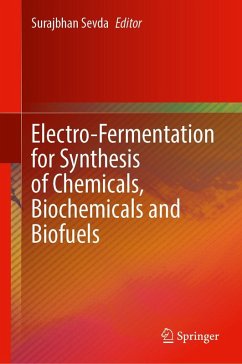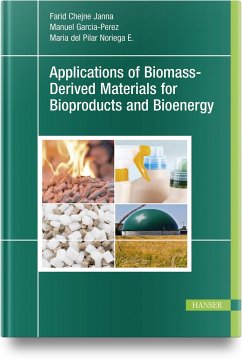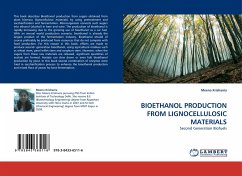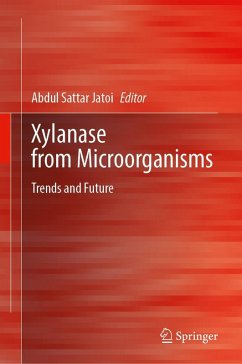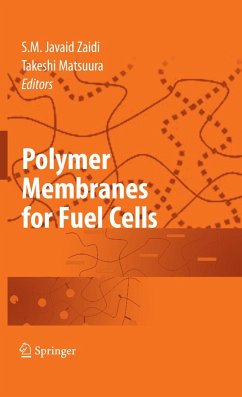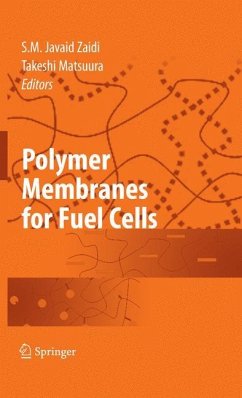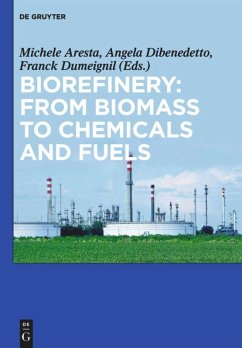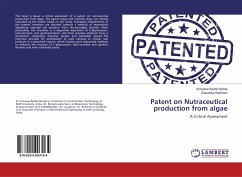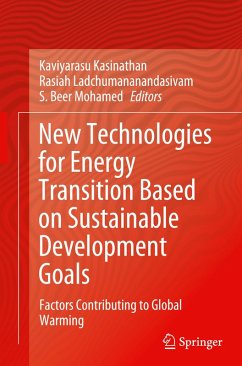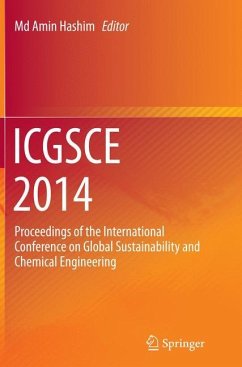Prof. Virendra Bisaria, a PhD from Indian Institute of Technology Delhi, New Delhi, was a professor of biochemical engineering at the Department of Biochemical Engineering and Biotechnology, IIT Delhi till 2018 where he worked for about 42 years. Subsequently, he was an adjunct professor at Regional Centre for Biotechnology, Faridabad, India till 2022. He obtained BTech and MTech in biochemical engineering from HB Technological Institute, Kanpur, and IIT Delhi, respectively. He also got PG Diploma in Microbiology and Biotechnology from Osaka University, Japan. He worked as a post-doc at Swiss Federal Institute of Technology at Zurich, University of Minnesota, and University of Cambridge. He was also a visiting professor at International Centre of Biotechnology, Osaka University, Osaka, and at Department of Chemical Science and Engineering, Kobe University, Kobe, Japan. Prof. Bisaria has extensive experience of working on different aspects of cellulosic biorefinery, including regulation of cellulase and xylanase biosynthesis, synergism between cellulases and xylanases in cellulose hydrolysis, enzyme stabilization, mixed cultures in enzyme production, applications of cellulase and xylanase enzymes, simultaneous bioconversion of glucose and xylose to ethanol, and metabolic engineering approaches for synthesis of platform chemicals. His research interests also included plant cell fermentation for the production of bioactive compounds and the application of biofertilizers/biopesticides in plant growth promotion. He was one of the international collaborators to recommend assay procedures for cellulase and xylanase activities on behalf of Commission on Biotechnology, International Union of Pure and Applied Chemistry in 1984. Prof. Bisaria has published his research work extensively in peer-reviewed international journals and as book chapters. He, along with Prof. A. Kondo of Kobe University, Japan, has edited a book on "Bioprocessing of Renewable Resources to Commodity Bioproducts," published by Wiley in 2014. Prof. Bisaria was a founder vice-president of Asian Federation of Biotechnology in 2008. He has served on several national and international committees for the assessment of biotechnology educational programs as well as research projects, besides acting as a referee for several international journals of repute such as Biotechnology Advances, Biotechnology and Bioengineering, Bioresource Technology, Journal of Chemical Technology and Biotechnology, Metabolic Engineering, and Process Biochemistry. He has been a chair or co-chair for several national and international conferences and has delivered several keynote presentations and seminars at conferences/institutions around the world. He was the organizing chair of Asian Congress on Biotechnology, one of the largest congregation of biotechnologists, held in New Delhi in 2013. His awards include fellowships from UNESCO/UNDP and the Research Exchange Award by the Korean Society for Biotechnology and Bioengineering in 2012. He was also felicitated for his long-standing contributions by Biological Engineering Society, India in 2019. Prof. Bisaria currently is an editor of Journal of Bioscience and Bioengineering and serves on the editorial board of Process Biochemistry. He is also a member of the Executive Board of Asian Federation of Biotechnology and its Division on Bioprocess Engineering and Bioseparation.





